TONY EARNSHAW |
| I have a quote pinned to my wall which says ‘Writing is not a job nor a hobby. It’s an addiction without a cure’. (Gill Adams). This is, appropriately, part of a rejection postcard from the BBC Writers Room. So I write. Poems, plays, novels, blogs. The odd lyric. Maybe a story. Writing can be a response to a commission, but often I just write. Sometimes I submit for publication, sometimes I publish myself, sometimes I just share the work. The main thing is to write. As a playwright who is also a poet, I have found a role in community theatre, writing promenade pieces with sketch, poetry, story and song intertwined. Building a story with an arc, consisting of lots of short pieces and plenty of opportunity for audience participation can be very fulfilling. Knowing that the community aspect of the project builds relationships, builds skills and self-esteem, and increases well-being is an added bonus. My inspiration can come from other writers, from a niggling rhythm or a desire to express a feeling, make or explore an argument, record an experience or a memory. The form can vary. I’m happy to be guided by the muse. The theatre company I co-run aims to entertain, provoke and inspire. If all my writing could do that, I’d be happy. Poetry can feel more personal than other forms of writing, more self-revealing, and that is, I think, one of the strengths of the form. It can be hard work, struggling for the right word or phrase, cutting out favoured lines – ‘killing your babies’ as someone put it. But it can also flow with ease and emerge close to its final shape. You never know until you put pen to paper, or fingers to keyboard. I do both. How regular a writer am I? I write a blog on a fairly regular basis which can sometimes consist of, or include, a poem or can be prose. It keeps the juices flowing. I write poetry and for theatre more spasmodically, not least since the theatre company demands a lot of admin time. Creativity can’t be submerged though. Poems emerge! My work is available from Dempsey and Windle (Paths and Digressions 2021) and from my own website – I have a novel out as well as older collections of poetry. More insight into my theatrical work can be found on the Damn Cheek website. www.tonyearnshaw.co.uk www.damncheek.co.uk Tony Earnshaw's Paths and Digressions is available here |
0 Comments
DEREK ADAMS
Why I Write
| Because I have to, sometimes an idea comes into my head and it rattles around till it just has to be written down. I don’t know at the start of a poem where it is going to take me. Othertimes I use poetry as a way of exploring the world and people around me, of trying to understand something I may have read or seen. For instance I once read an item in a newspaper about a man who built his own guillotine and then committed suicide using it! This started me thinking about him obtaining the materials and building it in his house, how long it took and what his thought processes might have been. This led to me exploring these ideas through a poem. My book Exposure: Snapshot from the life of Lee Miller, came about due to my fascination, some (my wife for one) would say obsession with the American born photographer Lee Miller. My attempt to produce a sort of biography through poems was really my way of discovering what made her tick. I used poems to look at Lee Miller through the eyes of people that knew her and to try and see the world through her eyes and camera. By trying in my head to put myself in her shoes and look at the events and people that shaped her life and the world around her, these poems helped me to get a better understanding of what made her become the remarkable woman that she was. I did lots of research for the book, not just into facts about Lee Miller, but into historical information and social mores of the times that she lived through. I looked at reviews of art exhibitions, the treatment of gonorrhoea in 1914, the geology of the Sahara, the prevalent attitudes to sex and those that rebelled against the norm. I read WW2 MI5 documents about Lee, autobiographies of other WW2 photographers, Lee’s reports, letters and telegrams from the front. I read surrealist manifestos, post-feminist books about female surrealist of the twenties and thirties; about the surrealist group in Cairo and the anti modern art stance of the authorities there. I read about photographic techniques and catalogues of camera equipment available at the time. I read autobiographies of Lee’s friends, lovers and rivals. Most of this information didn’t make its way directly into the book, but it filtered through my brain and informed the poems. Lee was a woman who took every opportunity life offered to her, and if the opportunities weren’t offered she’d make them for herself. My writing allowed me to explore her strengths and her vulnerability, the trauma of her sexual abuse as a child and her suffering from post-traumatic stress disorder after World War Two. Before the book was published I sent a copy of the manuscript the Lee’s son Antony Penrose and was humbled when he wrote back calling it “a perceptive and touching portrait of my mother.” Derek Adams is the author of Exposure – a life in snapshots |
MOIRA ANDREW
Why I Write
| I write because I must. I write to explore emotions, to express frustration — grief, love, joy. After my husband died, I wrote every day, poem after poem. They were raw - even funny at times, but always true. Later they made a book, This year, Next year. I write to bring back memories, to give the dead their voices once again, ‘I could do with a shave, he says rasping his two-day beard’ and I hear his gentle Welsh accent. Poems are true as photographs, sometimes even better. I write to share the funny side of things, like that very first kiss when I fell shattering my new boyfriend’s record collection, That first kiss. And I write to say I love you. Poems beat impersonal Valentine cards any day! My latest collection Imagine a Kiss was published last year by D&W. I write because I must. Moira Andrew's latest collection Imagine a Kiss was published last year by Dempsey & Windle |
RAY POOL
A LIFE IN WRITING
| | My love affair with prose and poetry goes back seven decades, encouraged by visits to a local library and the Concise Oxford Dictionary. My other diversions in the early days were a radio and a piano, encouraging both listening and playing. I discovered a facility to mimic voices and to remember tunes. Later I taught myself to type, which served me well when of working age. I read avidly from Plato to Peter Cheyney, from Enid Blyton to Graham Greene. My fondness for poetry in particular was mainly with the 20th century poets, not forgetting Edward Lear and Ogden Nash, both of whom chimed with my sense of the ridiculous. It has been tempting to overcrowd poems with descriptive vocabulary, but I discovered that it is often better to be concise and economical rather than too florid.I took up photography as a brief career and have always been committed to express myself through that medium. I have recently self published a book of 1960s photographs and followed that up with one of ink sketches based on some of them plus poems on railway themes. My career as a musician has sharpened my awareness of timing and rhythm and I will often use the voices of the famous if it helps give humour to a poem. Experiencing the pandemic lockdown has given impetus I believe to express inner experiences at zoom meetings. Though there is no substitute for a live audience, it has been of great benefit to bring a wider readers and listeners together. My wife Lynn has been a constant support and critic of my work, whenever I have had the humility to involve her. I must also thank Janice and Donall Dempsey who have been so instrumental in the fostering of my efforts. Ray Pool is the author of A History Nailed Down (2017) and Tales of the Unacceptable (2018). |
Richard Hawtree: Why I Write
| When Beowulf and his men arrive in Denmark to help Hrothgar defeat the murderous monster Grendel we read: ‘Stræt wæs stanfah, stig wisode / gumum ætgædere.’ (ll. 320–21a). This sentence from the great early medieval poem Beowulf can be translated: ‘The road was paved, the path guided the men together.’ These words are not celebrated lines from the Anglo-Saxon epic, but they encapsulate what I admire when I read poetry and what I aim for when I write it. They possess a rhythmic balance and linguistic economy reflecting the confidence and purposefulness of those warriors. The men do not simply march along the road, the mysterious stone path itself guides them. To my mind, writing a poem can feel very like walking that road in Beowulf: a path that is absolutely practical and yet somehow magical too. When I write, I’m keen to engage with the literary traditions and languages of the past (those ancient paving stones) but I also want to arrive somewhere new and to take readers or listeners there with me. I don’t expect to reach the radical clarity of George Herbert’s summation of prayer as: ‘The land of spices; something understood’ or the precise simplicity of Sylvia Plath’s opening line in ‘Morning Song’: ‘Love set you going like a fat gold watch.’ Yet the more I read the greater nourishment there will be for the journey. As well as hunting for linguistic clarity in my reading, I try to relish the sheer difficulty of the writing process. I find the act of translating poetry from Latin especially helpful in this struggle. In a wonderful poem by Catullus (68) we hear the sound of a long-awaited lover’s sandal (her ‘arguta … solea’) squeaking on the threshold in language that powerfully combines wit and eroticism. Literary moments like this motivate me to read and write poetry. And now I must return to that stone road. In Beowulf it leads to the hall of Heorot, the poem’s great symbol of light and hope in the face of overwhelming violence and evil. At line 311 the Beowulf-poet says of this hall: ‘lixte se leoma ofer landa fela.’ (‘Its light shone over many lands.’) This is what necessary poetry sounds like. I’m off to read some more. Richard Hawtree is the author of The Night I Spoke Irish in Surrey |
HOW I WRITE
Peter Ualrig Kennedy writes on his work
| What an opportunity to contribute to Janice and Dónall’s new blog, with “no pressure and no deadline”! Sometimes people have indeed asked how do I write a poem. A question for which I have had no ready answer, except to say that when an idea pops into my head, I write it down. No pressure, but the first morning after receiving the invitation, I woke up and grabbed a sheaf of scrap paper – mostly the backs of old envelopes – and wrote down roughly what follows. In my head it seems that I am always speaking to myself, building word pictures, looking for allusions, searching for similes, words tumbling over themselves. Such trains of thought are frequently evanescent, they fade as a dream fades on waking – unless there is pen and paper to hand. Which is exactly what is happening to these present thoughts which I am writing down while they are fresh and new. If I do not write them down, they may disappear, floating away downstream to wherever forgotten thoughts go to, leaving no trace. In trying to describe what happens when I write, I am attempting to make concrete that which may not be something that can be made concrete; in sculpting my thoughts into some semblance of solidity I may be manufacturing a chimera. Is this truly how my thought processes and writing work in practice, or am I making solid a fantasy? Perhaps everybody thinks in this way, but how am I to tell? Perhaps I am a muddle-headed romantic. Perhaps I have been fooling myself that my thoughts and my writings are of some significance when in fact they are the empty droolings of a literary naif. Here begin to crowd in the anxieties, the self-defeating worries that these musings – or more importantly the verses, the stories, the poems that I write – are of little interest, of no merit. Why should anyone wish to read them? Other writers, other poets, I suppose, may feel this way some of the time. Or most of the time. But we still plough on, bringing our words into the lives of others. And here, gentle reader, I can vow solemnly to you that the preceding paragraph has turned out to be almost exactly as I set it down early that morning. A real life demonstration of how it’s done … Peter Ualrig Kennedy is the author of Songs for a Daughter and the lead organiser at POETRY WIVENHOE http://poetrywivenhoe.org |
WHY I WRITE: Kathryn Southworth
| Why I write My mother had a way of finding things dropped, discarded, somehow lost or disregarded – necklaces in the street, sometimes, or rings. I call it rescuing, recognising, making radiant, giving wings, a warming into life, an issuing forth, a birthing, realising when to let go when it truly lives, the flow leading to somewhere else you didn’t know before be it a place, a person, you yourself, the face that meets you every now and then when you pick up a pen. Kathryn Southworth's pamphlet No Man's Land was published by Dempsey & Windle in 2020, and she collaborated with Belinda Singleton on Wavelengths in 2019. |
Jenna Plewes: Why I write poetry
| My father was always quoting poems and fragments of poems. I started with his four volumes of the Georgian Poets, his Walt Whitman, Other Men’s Flowers. I read more widely, found poetry that moved me, made me see the world afresh, that glowed on the page - Gerard Manley Hopkins, Dylan Thomas, Mary Oliver, Yeats, Seamus Heaney, Robert Frost. I’d always written poems for special occasions, and Christmas letters. When I retired a friend persuaded me to join a creative writing group and take writing seriously. The course was for prose and I wrote short stories and a novella. However, I found that I preferred the discipline and economy of poetry, the hunt for the right word for right place, the cutting away to find the essence of the poem – like a sculpture chiselled out of a block of marble. I’m a potter, when a poem begins to take shape it’s like feeling the clay becoming centred on the wheel; there’s the same excitement. I enjoy poetry courses and workshops and belonging to poetry groups. I’ve learnt by reading a wide range of contemporary poetry, sharing poetry with generous poetry buddies who give honest criticism and encouragement, by just doing it. Over the last 10 years I’ve had 7 collections published. I love shaping a collection, working with an editor, holding the finished book in my hands. I get itchy if I haven’t written anything for a few days. Worries and problems around me fade away; it’s an escape into another world. I can find an hour has gone by and I’ve a page of crossings out and one line worth keeping. I’ve a pictorial imagination and began by writing about the natural world, unspoiled, wild places I’ve visited. This led on to writing about my childhood, and family relationships, about being a wife and a mother. I was a counsellor and psychotherapist working in General Practice for many years and this has always coloured my writing; the stepping into someone’s shoes, being with them as they find their way forward, sharing their journey for a short while. In my latest book I’ve wanted to celebrate courage, resilience and kindness, the unexpected, unspectacular joys that are there if we stop and pay attention. Why do I write? it’s time consuming, frustrating, addictive, my poems are never good enough but it’s fulfilling, makes me happy. Jenna Plewes' collection The Salt & Sweet of Memory was published by Dempsey & Windle in 2020 |
Julia Duke
Portrait or Landscape, Art or Life?
| Photographs by Douglas Duke | 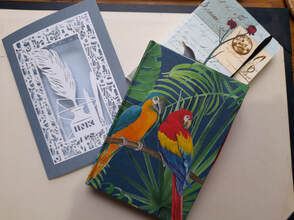 It’s really no surprise if I tell you that I love words. Words are my tools for painting the pictures that I always longed to paint and somehow never could. The first examination I ever failed was art. My love of artworks endures, however, and I have produced a collection of poems inspired by them, ekphrastic poems as they are now called. Word portraits of family, friends and unsuspecting passers-by also flow from my pen; my first poetry pamphlet, Conversations, published in 2021 by Dempsey & Windle, is full of them. But landscapes tempt me too. The natural world calls to me and I struggle to capture it in words, preferably in situ: ‘Life, stand still here’ to quote Virginia Woolf, one of my favourite authors. In our home we have a superfluity of things. We are amazed how they accumulate. But in my heart I am a minimalist. The problem is that sometimes I love words too much. My prose writing tends towards the verbose. As Woolf once said, ‘The truth is only to be had by laying together many varieties of error.’ Nothing is black and white in my world. I am a colourist. There is always another shade but I am not keen on grey.' Poetry is my way of exploring minimalism. Aberystwyth University’s Lifelong Learning programme introduced me to both imagist poetry and haiku. The Imagist movement lasted only a few years but reading poems by T.E. Hulme, William Carlos Williams, Richard Aldington and others had a lasting effect on my own writing. Released from formal rhyming patterns and rhythms and learning to create sharp, bright images with a minimum of words, I was in my element. An exploration into the Japanese form of haiku took me further, allowing me to combine my love of nature and the seasons with the necessity to pare down language to an absolute minimum. Three lines, comprised of only seventeen syllables, focusses the mind! A friend introduced me to a haiku challenge she was following—one haiku a day for a month. Joining in, I was hooked. A year — and a lockdown or two — later I was still writing and had completed an entire Haiku Journal of 366 haiku (2020 was a leap year). That discipline of making every word count has stayed with me. Julia Duke is the author of Conversations (2021, Dempsey & Windle) For further information: juliadukewriting.wordpress.com https://suffolkpoetrysociety.org/members-shop/julia-duke/ |
MARK G. PENNINGTON
What, why and how I write
| Thinking about the question of what I write – the message, hoping I have something to say, then the question of how I write – presenting the idea, even though it is probably only a reimagining of an event, in explanation: the same story but from a different perspective or another angle, leads me to the question of why I write. I suppose it is this very challenge mostly – the reimagining of events or some grotesque act of nature, or it is finding words or a place for things that were previously neglected growing up. It is the naming of things – a creature, bird, an object, a rock, a river, and so on. I always admired the writers who produced a great quantity of work as well as quality. Take Bukowski with forty plus books or the sheer weight of Ginsberg’s howls, as well as the romantic ideas of terror and pain of Plath – so turbulent and wonderfully beautiful, confessional and visceral. I like to write in this way – with the addition of nature’s war against us – the us being the occupiers of Earth always posing questions and figuring how we both fit in it together. A motivation is perhaps a new way of seeing. I read as much as I write or think about writing, every day for hours on end. After a mid-morning walk I tend to read for a few hours, absorbing the language, the word play, the ideas until it sparks something. I find rereading after a break can surprise and motivate a rewrite. I have to say that rewriting is the most important part of the process. Working the rough draft into something publishable is the part I gear myself up for. Imagining an audience reaction – a writing group, an editor – works to situate the writing into a belonging and reading aloud helps work out issues. I write for those aches in life, the itch that couldn’t be scratched previously, the places that never left me, all reimagined in a poem or a novel. I’m currently writing new work drawing on one specific event, one place that haunts me like no other has. But it is purgative to breathe all this in and expel it to the page, and wonder what is coming next. Mark G Pennington is the author of Barren Stories for Moonlit Mannequins (2017) and That Summer they broke the Birds (2019), both availible from him, from amazon.co.uk, from bookshops and from https://www.dempseyandwindle.com/markgpennington.html |
Author
This is a blog written by Dempsey & Windle poets about their inspiration for writing poetry
Archives
Stephen Claughton
Julie Anne Gilligan
Colin Pink
Sue Johns
Belinda Singleton
Janet Loverseed
Jeremy Loynes
Sue Wallace-Shaddad
Tony Earnshaw
Derek Adams
Moira Andrew
Richard Hawtree
Peter Ualig Kennedy
KathrynSouthworth
Mark G Pennington
Julia Duke
Patrick B. Osada
Greg Freeman
Trisha Broomfield
Heather Moulson
Alison Mace
Dennis Tomlinson
David Bleiman
Paul Surman
Brian Docherty
March 2024
April 2023
July 2022
May 2022
April 2022
March 2022
February 2022
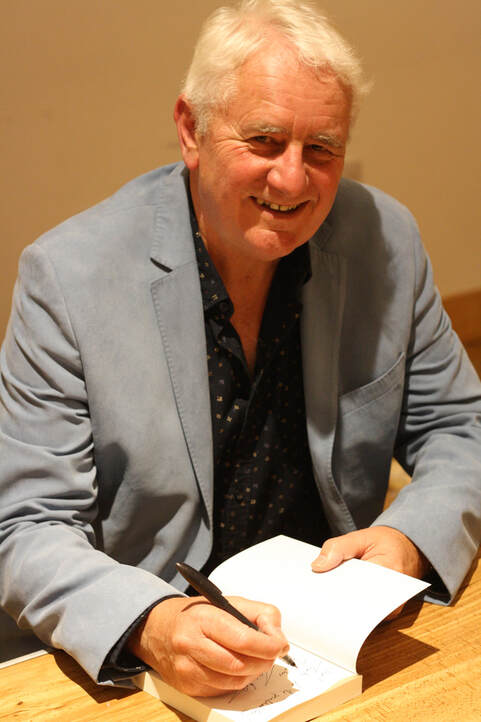
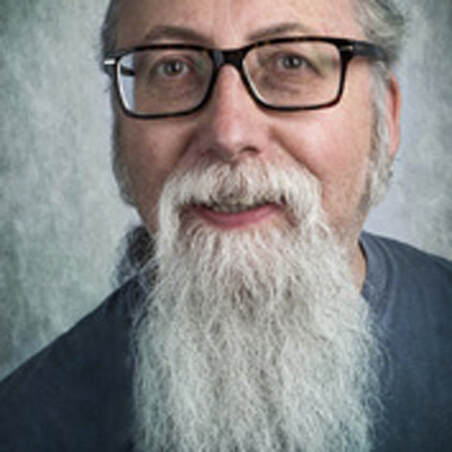
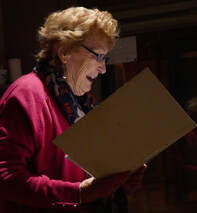
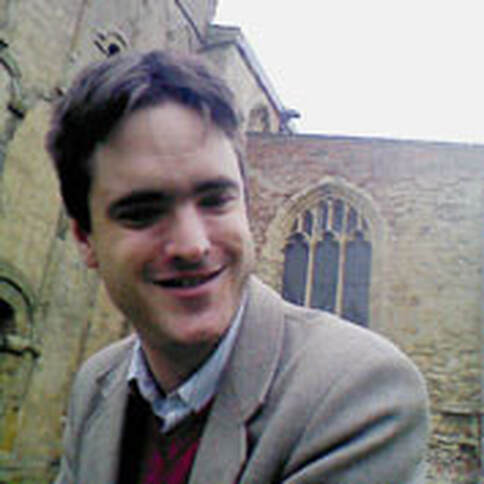
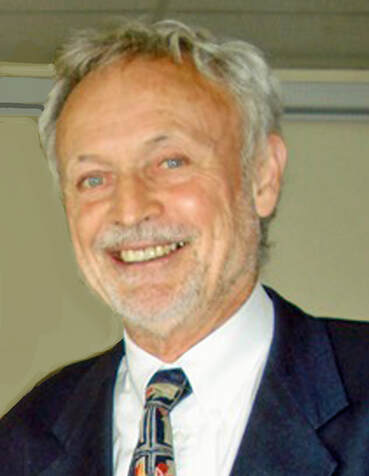
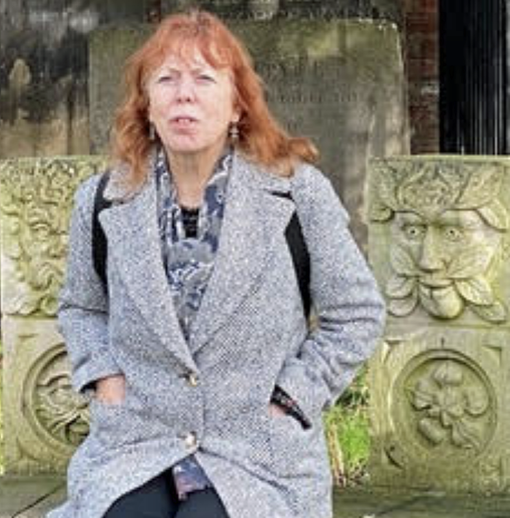
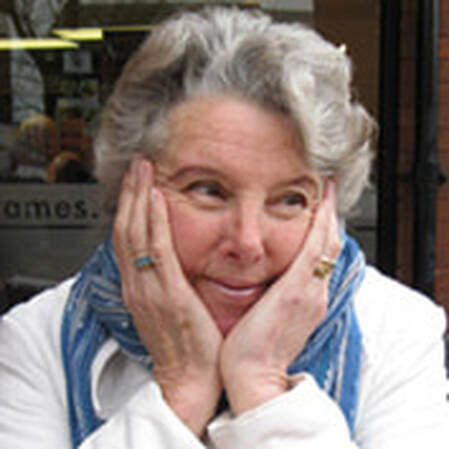
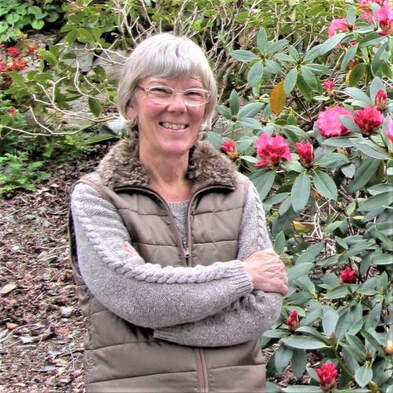
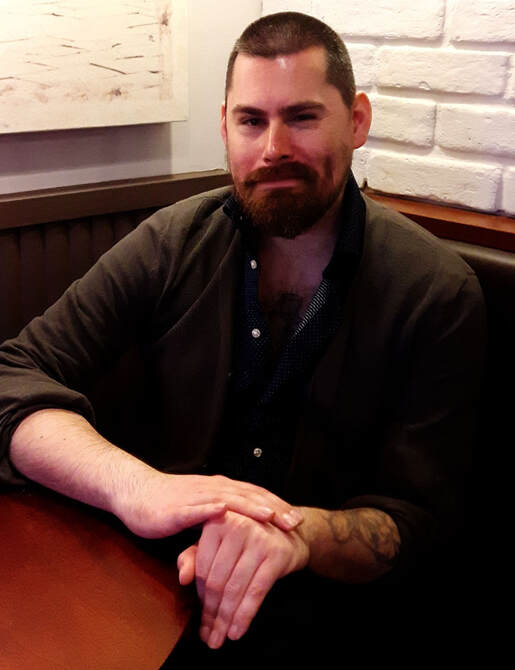
 RSS Feed
RSS Feed
